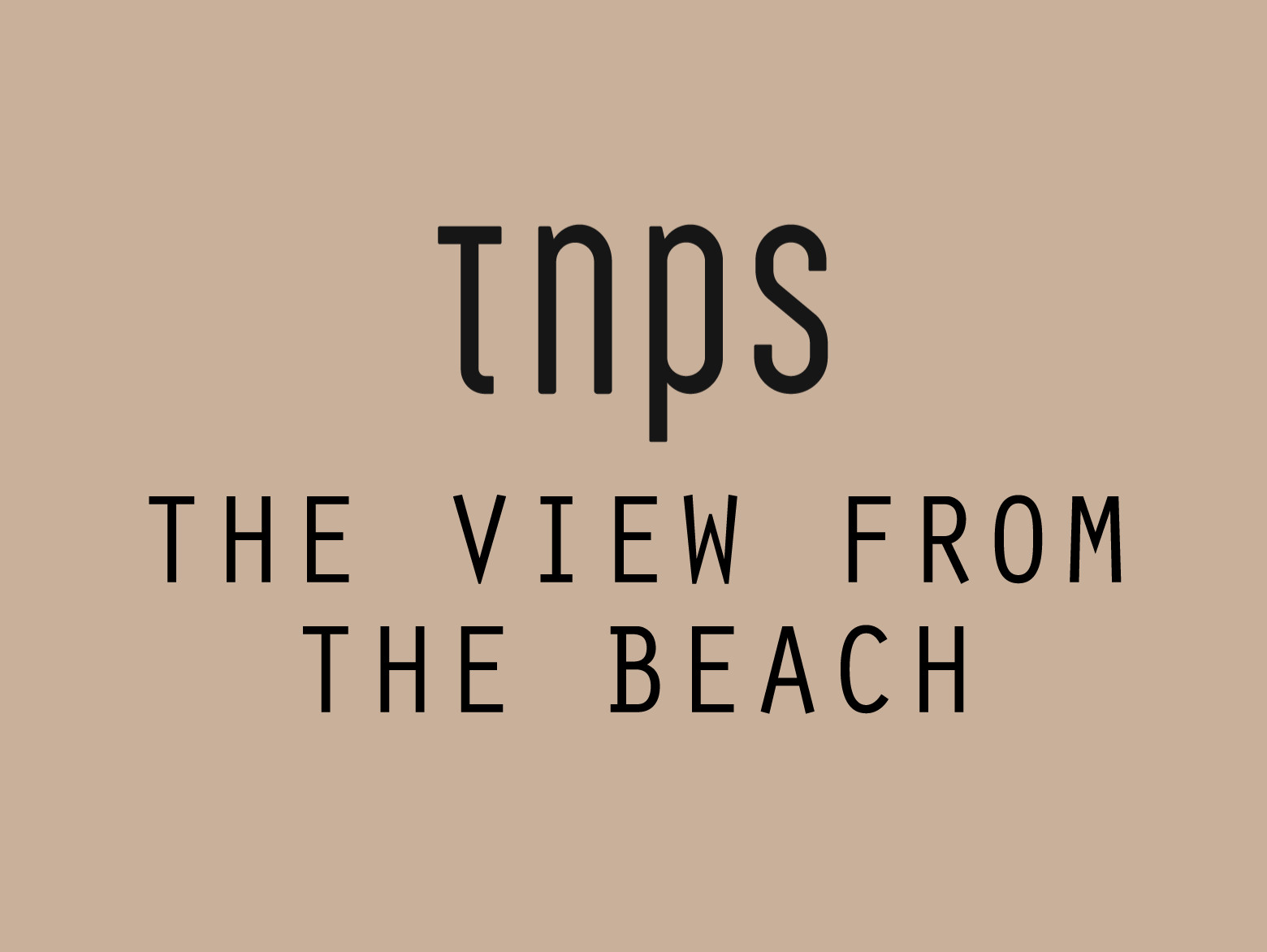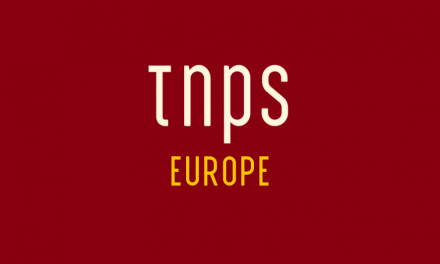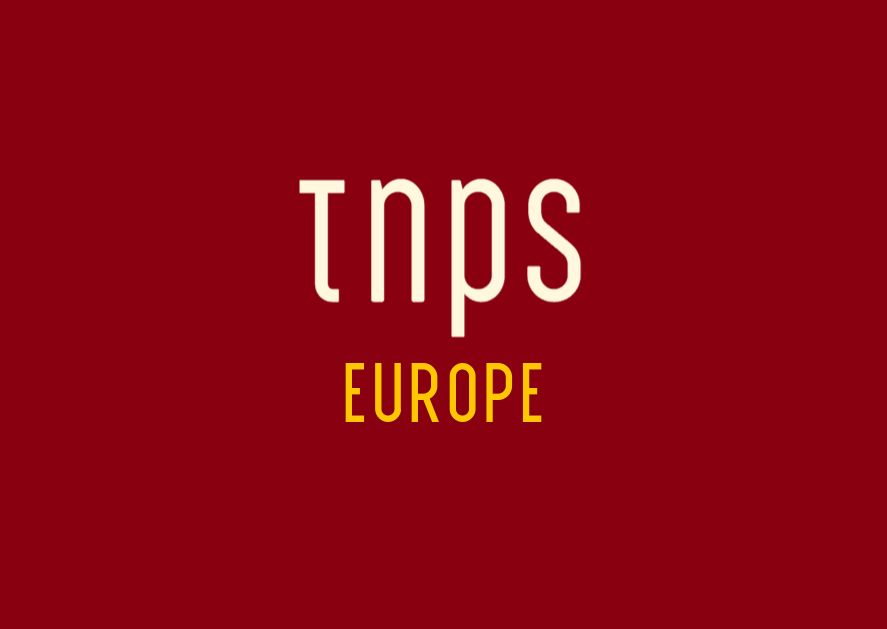The Hot Sheet is a publishing industry news-sheet for authors, produced every two weeks by Porter Anderson and Jane Friedman, and reviewed here every other Sunday as one of the best twice-monthly industry overviews available to authors.
We’re not interested in delivering breaking news, but perspective on stories that are likely to retain meaning for your long-term decision making. We provide distance and nuance on complex issues that affect all authors, whether traditionally published or self-published.

As luck would have it the twice-weekly Hot Sheet arrived three times this month, thanks to the way the calendar’s cards fell in November, but the Hot Sheet team made sure we got value for money, as always.
Anderson and Friedman kicked off with the Amazon Audible romance audiobook subscription service.
I covered the launch of the service here,
so rather than repeat the background will skip straight to the Hot Sheet’s take. As Anderson and Friedman observe,
The move wasn’t surprising; in fact, one wonders why the initiative took so long, given that the romance genre is the most successful in digital form and its readers are the most voracious.
Two points there to ponder in detail at some stage, but which I’ll briefly flag here in outline.
First, while romance is the most popular ebook genre in the US, in the UK the mystery & thriller genre outsells romance, and in other markets romance is still a very soft genre. More on this in a dedicated post some time soon.
The other flag here is the assertion that romance readers are the most voracious. That may well be true, but the usual evidence cited to support such a claim is that more romance ebooks are sold.
But does that tell the whole story?
Put simply, if Jenny Romance Reader gets through five romance books a week and Joanne Fantasy Reader manages one fantasy book a week it seems at first glance the romance reader is the more voracious.
But if that fantasy novel is 600 pages long and those five romance books are 100 page novellas or short stories, who is the most voracious reader now?
Something digital ebooks have created this past decade is a whole new sector of the market made up of short stories (as few as ten pages) that have no print equivalent, no pre-digital equivalent, and, in the case of the romance niche sub-genres like dinosaur erotica and the border-line legal pseudo-incest and animal sex stories, no mainstream publishing equivalent.
Which means that, while Data Guy’s report to the RWA last year was a valuable insight into the way romance ebooks have taken off big time, it doesn’t paint the full picture.
But let’s get back to Audible’s deal for romance writers as per the Hot Sheet.
Authors who distribute through ACX (an arm of Audible) can elect to enroll their audiobooks in the Audible Romance Package. But the compensation terms may dissuade more authors than they attract … Given the uncertainty of earnings, this next point is especially important: once an audiobook is included in the Romance Package, it stays there until the end of the author’s distribution contract with ACX. This can be a long contract of up to seven years, see our item from 2016.)
The Hot Sheet’s bottom line:
We’re curious how Audible pays traditional publishers who agree to title distribution through Audible’s Romance Package; our assumption would be that they have a more favorable and firm payment structure. It’s way too soon to tell, but for indie authors, it may turn out that enrolling titles in the Romance Package is more relevant for marketing and visibility than earnings, and perhaps most appropriate for a first title in a series.
Amazon is the focus of another Hot Sheet story – this time one I didn’t cover in TNPS – the new A-Pub imprint Amazon Original Stories. I’ll let Anderson and Friedman summarise:
The imprint is described as publishing “short fiction and nonfiction works that can be read in a single sitting.” The effort sounds incredibly similar to a program introduced in 2005 called Amazon Shorts, which included fiction, nonfiction, and sometimes excerpts of upcoming books by well-known writers.
Amazon Shorts? Some of us aren’t old enough to remember that far back!
For those wondering, Amazon Shorts was given the game over order in 2010, but ran for almost six years, selling content at just 49 cents.
It’s worth looking at this cautious CNN Money coverage at the time of launch twelve years ago to contrast with today when every other publishing headline is about Amazon.
In another move aimed at bolstering its digital content strategy, Amazon.com launched a new program called Amazon Shorts. Authors can sell previously unpublished short stories, ranging from 2,000 to 10,000 words in digital form and consumers can read the digital literature for 49 cents a story.
With the Kindle store still two years in the future, it’s clear Amazon back then was targetting authors rather than publishers, and looking to add an income stream from content the mainstream publishers had no use for, not to compete with publishers on their own turf.
Over to CNN Money again.
Amazon touts the move as a win-win for authors and readers. Customers can sample new writers without investing time and money in a long-form novel, and writers can access a marketing tool that promotes their work and helps maintains visibility between projects. The program boasts 59 authors so far, including household names such as Danielle Steele and Robin Cooke … Interested authors, agents, publishers or editors have to contact the company, which will decide whether to include a writer into the program. Once in, authors retain the rights to the material, although stories will be exclusive to the site for at least six months.
The history lesson is worth continuing with, just for comparison with today, to remind ourselves how recently digital content has become central to our authorly lives.
CNN Money in 2005 reminded us,
Amazon dipped its toe into the e-book market five years ago when it offered consumers free copies of horror writer Stephen King’s e-book Riding The Bullet.”
Ah yes, good old Amazon, always ahead of the curve. Selling ebooks way back in 2000? Well, giving them away, not selling them.
And improbable as it may seem Barnes & Noble was also in on the act. The King ebook was available from the B&N website.
Wired, covering the story back in 2000, said,
In a move suggesting that e-books are penetrating the mainstream market, King will be the first major best-selling author to release a book exclusively in electronic format … Publishers hope the milestone will bring exposure to the e-book industry.
Wired quotes Simon & Schuster’s Adam Rothberg as saying,
This brings a whole new level of attention to a fledgling industry that hasn’t been there before … This brings a whole new hope that [e-books] will move from the realm of novelty into the mainstream.
It would be another seven years before Amazon launched the Kindle store and device that would make Simon & Schuster’s dream come true.
But let’s take this opportunity to remind ourselves still further of Amazon’s early digital forays. Back to CNN Money 2005 a final time:
…(S)elling short stories online is still new territory for (Amazon), and it’s yet to be determined whether the market will embrace the new technology … But David Steinberger, chief executive of Perseus Books LLC, told the Journal that Amazon’s dedicated audience, as well as the company’s ability to generate add-on sales, may help authors get their work out to the public at a low cost. And he added that for Amazon, the move highlights a trend in which the line between retailing and publishing will continue to blur.
We eagerly await the next Author Earnings Report to find out just how much that line has been blurred. Data Guy said in October we’d see the new report before the end of the year, and that it will
drop jaws throughout the industry.
Let’s wind up here with the Hot Sheet’s bottom line on the new 2017 Amazon imprint:
…(W)e’re glad to see good efforts in shorter work, but it might help if Amazon rethought some of its branding. The list of these short-form developments is now long-form.
Thanks to the Hot Sheet duo for that excuse to take that trip down memory lane. But the more interesting story for me was Anderson and Friedman’s take on the Wattpad sensation Anna Todd, who alongside doing great deals with big publishers has
sold translation rights to her upcoming self-published series The Brightest Stars in as many as nine territories.
As the Hot Sheet explains, Todd’s foreign rights deals came through an agent, Flavia Viotti and the Bookcase Literary Agency, which
specializes in taking indie authors’ work to overseas publishers.
The Hot Sheet explains that when it comes to indie authors Viotti is looking for
authors who are very good with marketing, (have) hit the bestseller lists (and) have crazy sales numbers.
Crazy being defined as in the 80,000–100,000 range.
As the Hot Sheet notes, Todd’s work has
drawn more than 1.5 billion reads on Wattpad, and Todd is said to have sold over 15 million copies through Simon & Schuster.
Reporting on another indie author doing well, the Hot Sheet brings to our attention Meghan March, also at the Bookcase agency.
The agency says March was
one of our most requested authors at Frankfurt Book Fair … and in the last month, we’ve sold the rights to her new series to Germany, France, Bulgaria, and Israel … with interest from Spain, Poland, Brazil, and Portugal.
This all sounds great! In my other life over at the International Indie Author Facebook Group I’m a constant advocate of indie authors seeking out opportunities in the global markets.
But as the Hot Sheet’s bottom line reminds us, citing Viotti once more,
“You need to invest in editing, marketing, even your
pictures” for a fully professional turnout. “And you have to be successful in your own language first, and very successful, for us to be able to find you an international placement. I’m very honest with my clients. I’ll tell one, ‘You’re not there yet,’” when the numbers aren’t strong enough. There are no shortcuts. “They have to be patient. It’s a different perspective on the business.”
Well, there are some shortcuts, if one chooses to step outside of the agency route and try other approaches.
I became the first and I believe still only western indie to hit #1 on Kindle China, thanks to the Beijing-based translator-aggregator Fiberead, and had respectable success in France with a deal direct with a publisher.
My bottom line, given the Hot Sheet’s target audience is “indie” authors more than mainstream publishers and their authors: bear in mind that while literary agents are the “norm” in the Anglophone markets that’s not the case everywhere, and often a direct approach to a publisher can work wonders.
Overseas publishers simply may not have the hard cash to stump up a big advance or meet print runs required by big-name authors, but will happily look at a reasonably successful indie author with a demonstrable track record and come to an amicable arrangement.
Plenty more from Anderson and Friedman in the third November Hot Sheet, but as ever I’m going to have to conclude this review leaving much untouched. But one piece I can’t let pass unremarked is the Hot Sheet’s look at the closure of Type & Tell, the UK-based assisted self-publishing start-up from Bonnier, which lasted less than a year.
So I’m going to end this review with the Hot Sheet’s bottom line on the failure of Pronoun and Type & Tell, as a reminder that the Hot Sheet is not a news sheet, but rather offers insights into and perspective on the latest news, and despite being much closer to the publishing community than I am here in my beach hut in West Africa, Anderson and Friedman are not afraid to say what they think.
The self-publishing service market first blossomed with the advent of print-on-demand companies in the early 2000s, and it was a booming business before ebooks and Amazon KDP arrived on the scene. Consolidation and closures have been happening ever since, and it’s exceedingly difficult to launch a new self-publishing service company that stands out from the crowd and earns the trust and respect of authors. For most traditional publishing companies, the work is not worth the potential revenue. This is why Author Solutions’ white label service has been so attractive to traditional publishers: it offers the profits without the headaches via Archway (Simon & Schuster), WestBow (Thomas Nelson), and Balboa Press (Hay House). The fact that such services overcharge and take advantage of authors’ lack of knowledge about the industry doesn’t seem to bother the affiliated publishers.
Click here to find out more about the Hot Sheet, and get a thirty day free trial (two free issues, as it publishes every other Wednesday).
NB: The New Publishing Standard does not carry affiliate links and we receive no compensation from any mention of any service, paid or otherwise.





